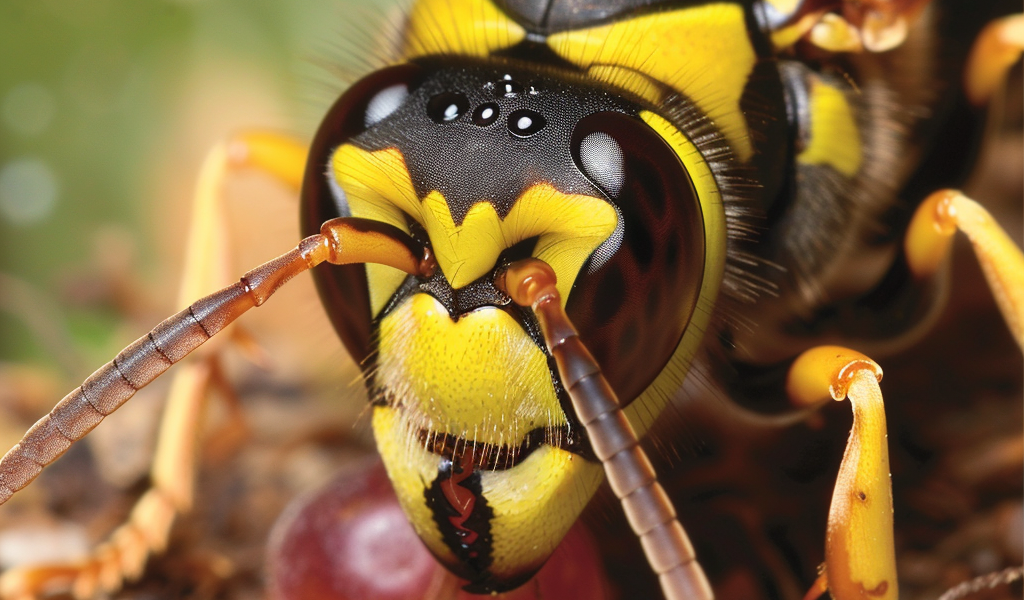Understanding Ethanol Tolerance in Social Wasps: A Study on the Oriental Hornet
Ethanol, a natural by-product of sugar fermentation, is commonly found in various fruits and nectar. While many animals consume low concentrations of ethanol as part of their diet, its inherent toxicity poses risks, particularly at higher concentrations. Recent research has shed light on the remarkable ability of the Oriental hornet (Vespa orientalis), a social wasp species, to tolerate and metabolize high levels of ethanol without adverse effects on their lifespan or behavior.
The study highlights how even species that are well adapted to consuming ethanol can suffer detrimental effects when exposed to concentrations exceeding 4%. However, the Oriental hornet stands out as an exception, showcasing an extraordinary tolerance to ethanol levels as high as 80%. This finding opens new avenues for understanding the physiological adaptations that allow certain animals to thrive despite the presence of toxic substances in their environment.
Key Findings of the Research
- Chronic Ethanol Consumption: The research demonstrated that the Oriental hornet can consume ethanol chronically without any negative impact on their mortality rates, construction behavior, or aggressive interactions. This resilience is particularly notable given the known toxic effects of ethanol on many other species.
- Metabolism Efficiency: Using advanced techniques involving 13C1 labeled ethanol, researchers found that hornets metabolized the ingested ethanol at a significantly higher rate than honey bees. This efficient metabolism is crucial for their survival and ability to exploit ethanol-rich food sources.
- Genetic Factors: The study identified the presence of multiple copies of the alcohol dehydrogenase (NADP+) gene within the Vespa genus. This genetic adaptation is believed to be a key factor in the hornet’s ability to tolerate and process high ethanol concentrations effectively.
Ecological Implications
The findings from this research suggest that the mutualistic relationship between ethanol-producing organisms and vespid hosts may have played a significant role in the evolution of ethanol tolerance in these wasps. By consuming fermented materials, such as overripe fruits, Oriental hornets may benefit from the caloric content while simultaneously developing mechanisms to cope with the toxic effects of ethanol.
This research not only enhances our understanding of the ecological roles that social wasps play in their environments but also provides insights into the physiological and behavioral adaptations that enable them to thrive in challenging conditions. Such insights could be instrumental in developing potential treatments for alcohol use disorders in humans, as they highlight the biological pathways involved in ethanol metabolism.
Future Research Directions
As scientists continue to explore the fascinating world of social insects, the Oriental hornet serves as a prime example of how adaptations to environmental challenges can lead to unique survival strategies. Future studies could investigate the specific mechanisms of ethanol metabolism in these wasps, as well as the ecological interactions that facilitate their consumption of high ethanol concentrations.
Understanding these processes not only enriches our knowledge of insect physiology but may also have broader implications for our understanding of alcohol tolerance and its effects across different species, including humans.
In conclusion, the Oriental hornet’s remarkable tolerance to high ethanol concentrations underscores the complexity of ecological interactions and the adaptations that allow certain species to thrive in environments rich in potential toxins. This research contributes valuable data to the field of ecology and opens the door for further investigations into the fascinating adaptations of social wasps.





